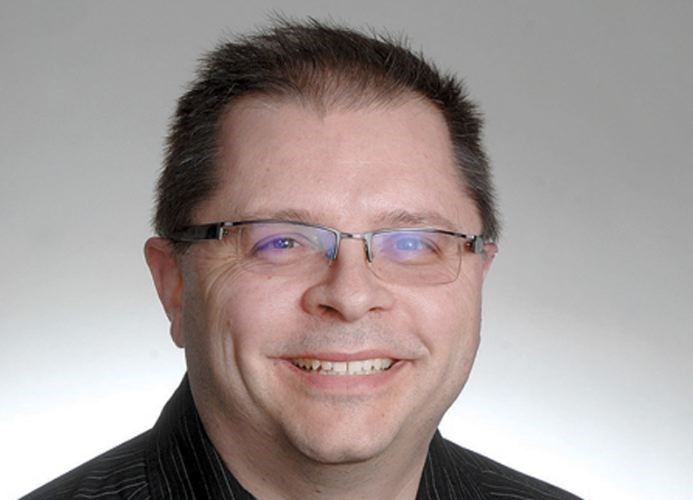Technology has the power to make us increasingly safe in our daily lives. When that ability collides with our freedom, however, one person's well-being morphs into another person's tyranny.
The commercials on television promote how smart new vehicles are to prevent accidents, with cameras and sensors that can not only alert absent-minded drivers but even take over the vehicle, applying the brakes before the car backs out over the child on the sidewalk or into oncoming traffic. Many of these same vehicles can parallel park for the driver.
Smart vehicles that prevent us from harm and causing harm is wonderful. So let's apply existing technology one step further. Using the global positioning system (GPS) installed in virtually all new vehicles, it would be a simple matter to link the GPS to speed limits. Vehicles would be told through their GPS that they had just entered a school zone and would automatically slow to 30 km/h, no matter how hard the driver was pressing on the gas. Speeding drivers kill thousands every year so take away the possibility for any driver to speed anywhere, at any time.
People would still be free to drive when and where they want but their freedom to put themselves and others at risk of serious physical harm or death would be dramatically reduced.
Everybody wins.
Scientific study, and the technology born from it, has not only come up with ways to keep people safer, it has also helped uncover the unseen risks in our daily lives. Actuaries have made a science of developing complex mathematical models to assess the extent of that risk. That's how ICBC and health insurance companies know what to charge in premiums.
What that understanding enables, however, can also be used to restrict personal freedom.
Getting back inside the modern automobile, it would not be hard to include sensors that would automatically lower all of the windows upon the detection of cigarette smoke. Finger print identification could make it impossible for anyone but the owner to drive their vehicle. Vehicles could be programmed to not be able to be put into gear unless everyone is wearing their seatbelt, to scramble the reception on your cellphone so you can't send or receive texts while driving, to not start when your licence or registration has expired and to lock out the owner the moment any effort is made to deactivate any of the safety sensors.
This isn't science fiction. The technology already exists for governments to order the implementation of all of these features in new automobiles and give owners of older vehicles up to five years to upgrade their current cars and trucks.
We're rapidly heading into a world where we're free to live our lives while technology keeps us safe not only from our own stupidity but everyone else's, too. The way it keeps us safe, of course, is by keeping its unblinking eyes relentlessly focused on our every move.
Early this year, Saanich mayor Richard Atwell was a laughing stock for having the ridiculous notion that his own staff was spying on him with software secretly installed on his office computer. The laughter died quickly when an investigation by the privacy commissioner revealed Atwell was right. The software, which had the ability to monitor keystrokes, capture screen images and retain passwords, had been installed by employees onto the computers of key staff and elected officials without prior notification or approval.
Never mind government. We're already doing it to ourselves. The dating site Ashley Madison allows individuals in marriage or committed relationships to have a clandestine hookup on the side ("Life is short, have an affair," is the site's slogan) while there are numerous cheating spouse software programs available to apply secretly to cellphones and home and work computers.
This all sounds like a perfect nightmare, the setting of a Philip K. Dick short story where androids dream of electric sheep and people dream of lives outside the bubble science and technology has devised to keep everyone simultaneously safe and responsible, trapped and oppressed.
So far, much of the discussion has been about technology's potential to expand personal freedoms and far too little conversation around its potential to erode our rights, one new amazing app, one invisible line of software code, one byte at a time.



